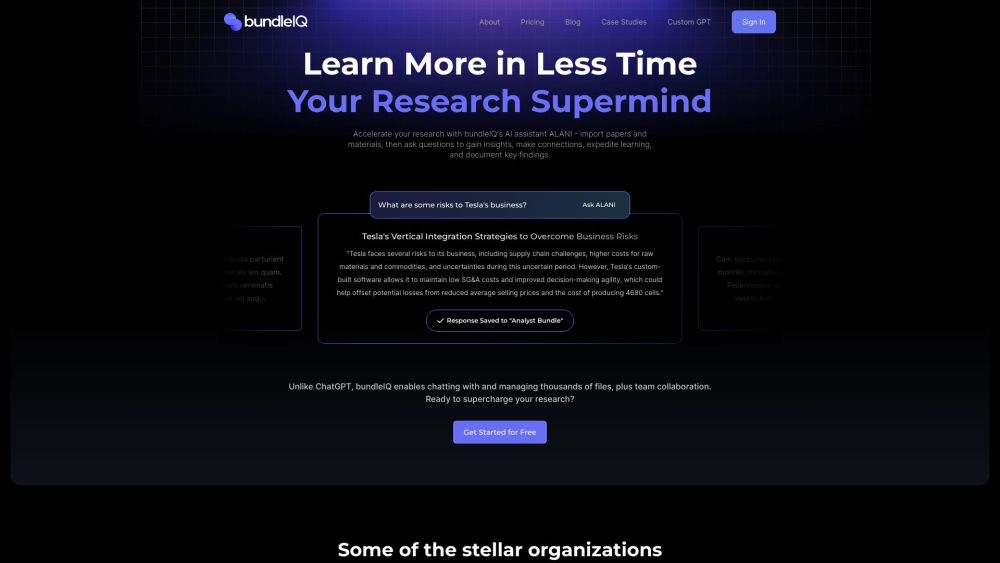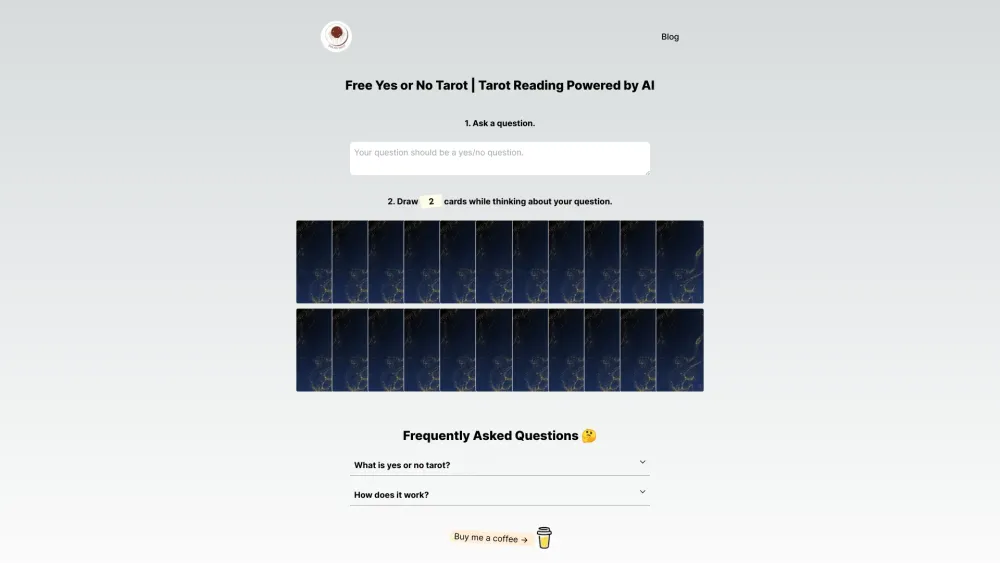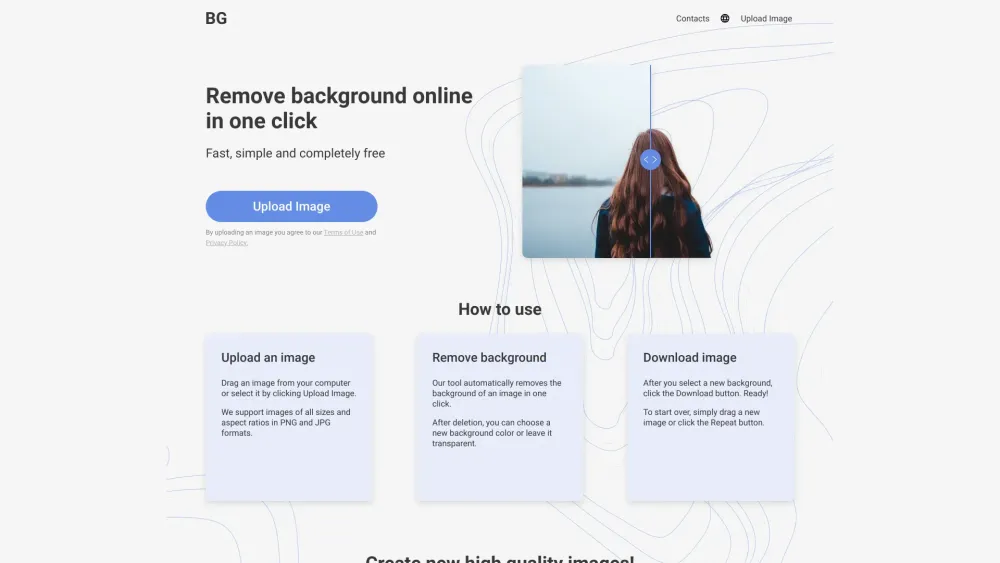In today's educational landscape, the intersection of students and generative AI has sparked a lively debate about tools like ChatGPT. Are these resources beneficial? (Absolutely! They expedite research and enhance learning.) Or do they pose risks? (Definitely! They can lead to misinformation and academic dishonesty.) However, several startups are embracing the rise of generative AI within schools as an opportunity, building innovative products they believe will thrive in this new market.
One such startup, MagicSchool AI, has recently secured $15 million in a Series A funding round led by Bain Capital Ventures. Based in Denver, MagicSchool originally focused on creating tools for teachers. Founder and CEO Adeel Khan shared in a recent interview that the platform now supports over 2 million educators and more than 3,000 schools and districts in lesson planning, test creation, and developing various learning materials.
Additionally, MagicSchool is expanding its offerings to include tools designed specifically for students, accessible through their schools. The latest funding will be used to enhance both teacher and student tools, increase customer acquisition, and recruit new talent.
This funding round has garnered support from notable investors, including Adobe Ventures, which has heavily invested in AI technologies, and Common Sense Media, known for its age-appropriate tech reviews and collaboration with OpenAI. Individual contributors include Replit founder Amjad Masad, Clever co-founders Tyler Bosmeny and Rafael Garcia, as well as OutSchool co-founder Amir Nathoo. Some of these investors had participated in MagicSchool's previous seed funding of approximately $2.4 million.
While Khan did not disclose the company's valuation for this round, investors see supporting application-focused startups as a logical progression in the AI sector, following substantial investments in infrastructure companies like OpenAI, Anthropic, and Mistral.
“There’s a significant opportunity in AI for education—a chance to create an assistant for teachers and students alike,” said Christina Melas-Kyriazi, partner at Bain Capital Ventures. “This can alleviate burdens on teachers, allowing them to focus more on their students.”
From Educator to Innovator
Despite its promising concept, MagicSchool didn’t appear overnight.
Khan began his journey in education with Teach for America after completing university. His commitment to public service was further solidified during his time at Virginia Tech, where he was student body president during the tragic shooting. This experience likely deepened his understanding of education's vital role in society.
Khan demonstrated his entrepreneurial spirit by moving to Denver with aspirations of launching his own school. After holding various administrative positions in local schools, he founded the charter high school DSST: Conservatory Green, which celebrated its first graduating class with a 100% acceptance rate to four-year colleges.
During a career hiatus, Khan conceptualized MagicSchool. “In November 2022, with ChatGPT capturing national attention, I started experimenting with AI and recognized its potential utility for educators," he recounted. He developed early generative AI tools for teachers and engaged with his former colleagues to explore their applicability. Yet, initial feedback indicated that the user experience was lacking.
“The interface didn’t resonate with teachers; it felt cumbersome,” he noted. While Khan's demonstrations impressed educators, they often found the tools time-consuming rather than helpful.
To address these concerns, he focused on creating tailored solutions. “We implemented advanced prompting techniques behind the scenes, ensuring our outputs met educators' expectations," he explained.
MagicSchool's tools now enable teachers to generate customized lesson plans, quizzes, and adaptable instructional materials. The team continues to refine these offerings, extensively leveraging APIs from OpenAI and Anthropic, while conducting A/B testing to optimize results.
Convincing educators and school districts to adopt MagicSchool, particularly when it was free for teachers, proved challenging. “Getting meetings with schools was difficult; fear surrounding AI dominated the conversation,” Khan said, recalling how negative headlines about AI in education halted discussions.
Yet, as the perception of AI evolved and more refined models emerged, interest began to shift. Educators recognized AI’s potential to streamline their workflows while enhancing creativity and instructional support.
“I believe many teachers were unaware of AI's capabilities,” he remarked. Furthermore, he advocates for schools to prepare students for a future where AI is integrated into everyday tasks.
Understanding AI Limitations in Education
It’s essential to recognize that AI possesses a different type of intelligence compared to humans. “AI is designed intelligence, suitable for specific tasks, unlike human intelligence, which is more holistic and adaptable,” explained Mutlu Cukurova, a Professor of Education and AI at University College London, where research explores the harmony between AI and learning.
Cukurova stressed the importance of a hybrid approach that combines both AI and human expertise. While automating certain tasks can be advantageous, it can be problematic if teachers lack sufficient experience to discern the limitations of AI-generated materials.
Khan is keenly aware of this challenge, particularly regarding students. Schools have control over student access to the MagicSchool platform and can monitor assignments submitted through it.
While these developments seem promising, challenges remain. Will financially-strained school districts lean more on AI rather than provide direct teacher interaction? How can educators detect unauthorized AI use by students outside the classroom?
Cukurova emphasizes the need for a robust AI education framework to instill effective and ethical use of these technologies.
By focusing on the practical applications of generative AI in classrooms, MagicSchool aims to bridge the gap between traditional teaching and innovative technology, ultimately preparing educators and students for an AI-enhanced future.




